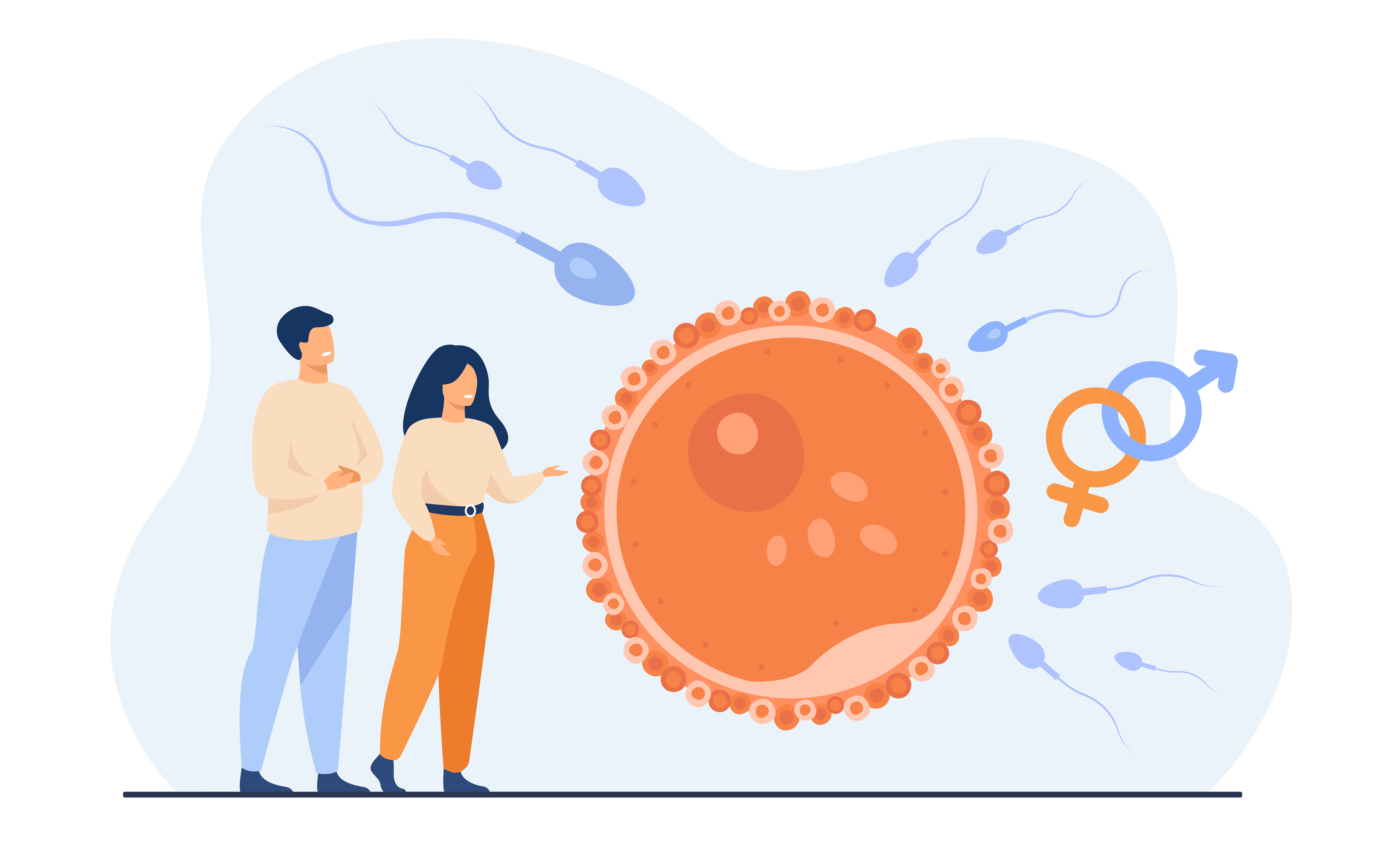Remote Research Study for Couples
Researchers at the University of Utah are conducting a study in heterosexual couples trying to conceive in order to learn more about factors that affect children’s health before conception.

Fast Facts

Couples 18-49 Years Old

Trying to Conceive for Less Than 1 Year

Compensation Provided

Conducted Remotely
Study Background
Preconception to Perinatal Outcomes (PPO)
We want to learn more about factors that could affect children’s health even before they are conceived, such as genetic and environmental factors of their parents. If you and your partner have been trying to conceive for less than a year, or you are planning to start trying in the next 3 months, you could be eligible to participate in our research study entirely from home.
Participating couples will be taught how to track fertility using the Peak Day Method and observe changes in cervical mucus and basal body temperature. They will complete a paper fertility chart to track menstrual cycles, cervical mucus characteristics, basal body temperature, supplement intake, caffeine and alcohol intake, stress, and illness. They will also need to collect urine and semen samples and store them in home freezers for about a month at a time.
Help advance research on health and fertility by joining our compensated study today!

Study Background
Preconception to Perinatal Outcomes (PPO)

We want to learn more about factors that could affect children’s health even before they are conceived, such as genetic and environmental factors of their parents. If you and your partner have been trying to conceive for less than a year, or you are planning to start trying in the next 3 months, you could be eligible to participate in our research study entirely from home.
Participating couples will be taught how to track fertility using the Peak Day Method and observe changes in cervical mucus and basal body temperature. They will complete a paper fertility chart to track menstrual cycles, cervical mucus characteristics, basal body temperature, supplement intake, caffeine and alcohol intake, stress, and illness. They will also need to collect urine and semen samples and store them in home freezers for about a month at a time.
Help advance research on health and fertility by joining our compensated study today!

Additional Information
The purpose of this study is to investigate genetic and environmental impacts on children’s health before conception.
You and your partner may qualify for a study if you meet the following criteria.
Inclusion Criteria:
- 18-49 years old
- Trying to conceive for less than 1 year or plan on trying to conceive in the next 3 months
- Both partners willing to enroll together
- Reside within the Salt Lake Valley
- Able to temporarily store samples in home freezer
- No known fertility conditions
Participation is completed from home.
An initial consent/enrollment visit that takes between 60-90 minutes is completed over Zoom with both members of the couple. At this visit, you’ll review the consent form and receive education on the Peak Day Method and completing study tasks. An enrollment survey is sent to female participants to answer demographic, pregnancy history, and lifestyle questions.
Once you are enrolled in the study, you will track your fertility using this method and keep a paper fertility chart. You’ll also need to collect urine and semen samples and temporarily store them in a freezer at home. Depending on your age and how long you have been trying to conceive, you may either collect samples and track on the chart for 3 consecutive menstrual cycles or once every 6 months.
Urine and semen samples fit in one or two 4″x4″ storage containers to separate them from food and other freezer items. Urine samples are collected using standard collection cups. Semen samples are collected using a scientific-grade condom through masturbation or regular intercourse. Thermometers and pregnancy tests are also provided at enrollment.
After the female participant’s next menstrual period OR once you get a positive pregnancy test, you’ll reach out to the research team to arrange sample and chart pickup. If pregnancy occurs at any time, participation ends. You may otherwise participate for a maximum of 5 cycles.
Participating couples can earn $125 or more.
There is no cost for you to participate in our research study.